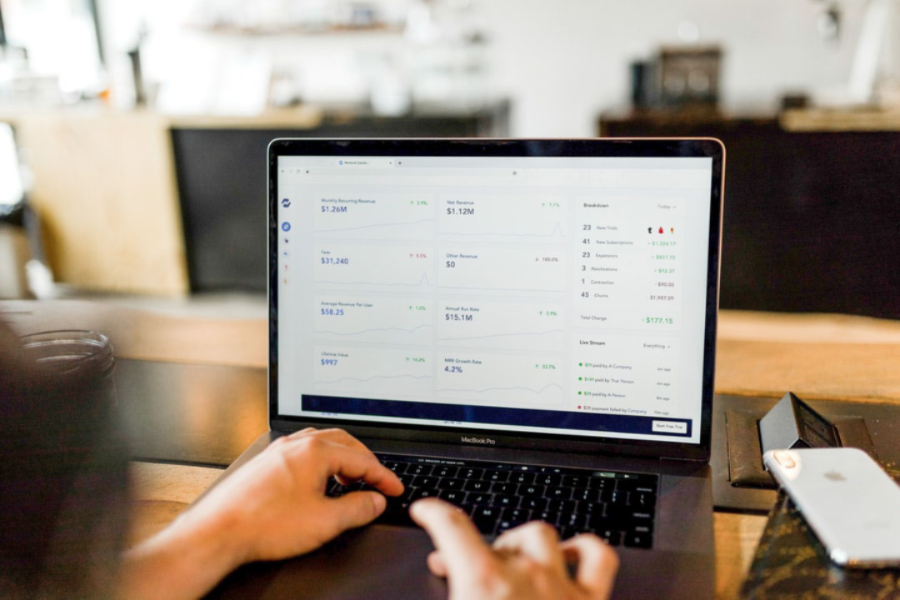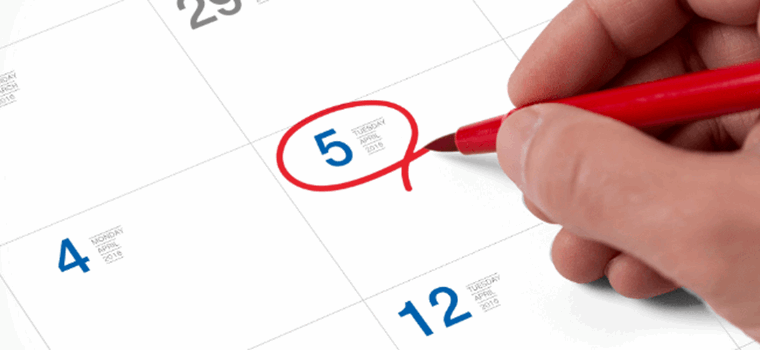Cloud-delivered software systems are putting sophisticated data analytics tools in the hands of organisation of all sizes, delivering insights that can profoundly impact fundamental HCM metrics.
Statistically-driven people decisions drive bottom line results, and as a result, talk of HR analytics is raising eyebrows around board room tables everywhere.
But those conversations often throw the terms analytics, analysis and reporting around interchangeably. Strictly speaking, reporting is not the same as analytics, which isn’t the same as analysis.
If you look at internet search trends, the term ‘analytics’ entered the common business lexicon at the end of 2005 with the launch of Google Analytics.
This was a brilliant new platform, freely available to businesses of all sizes, that granted access to complex website performance measurements. Data that marketers could use to make informed business decisions.
But that was it, just data. It’s up to the user to uncover the insights. Google Analytics provides facts. Strictly speaking, it’s a report.
So what do the terms mean and how do we use them correctly?
Let’s look at an example. The HR team at Company A can see from their data that there’s been a spike in employee satisfaction over the summer.
Report, Analysis or Analytics?
A report is “a spoken or written account of something that one has observed, heard, done, or investigated”.
Company A’s Report: “Employee satisfaction levels spiked in Q2.”
A report visualises or narrates data in a way that allows the receiver to understand its meaning. But there’s no decision-making, correlation or speculation.
Company A’s CEO will ask the obvious question. Why was Q2 such a happy quarter? And we move into analysis.
A definition of analysis: “Detailed examination of the elements or structure of something”.
Typically, analysis indicates answers to the immediate questions posed by the facts.
Company A's Analysis: "A possible explanation could be the early-finish initiative offered to employees during the Football World Cup."
This is where analytics can add real scientific weight to HR’s business consultancy.
We could use digital analytics tools, like those within the XCD system, to uncover the statistical relationships between data sets, the employee satisfaction scores and the correlative increase in satisfaction and quantify the impact of the initiative.
Company A's Analytics: "Employees who took advantage of the early finish on game days were more productive and took less unplanned leave during the rest of Q2. The tail of this uplift has continued into Q3."
Using data in this way is not a new idea. Indeed, analytics in finance and marketing has been guiding strategy in those areas for some years. But now businesses are beginning to unlock the value in their people data; the personal information they hold, the performance information they gather, the communication records and message content they amass just carrying out their day-to-day tasks.
Analytics tools make data relevant and instructive, they provide actionable insights that offer genuine strategic, bottom line value, which means that reliable, clean data is fast becoming HR’s most valuable asset.
People Analytics
If people analytics hasn’t come up in conversation at the top of your organisation yet, perhaps it’s time to raise it (using the correct terminology, of course).
This year it was the second most important trend in Deloitte’s Global Human Capital Trends survey, while 70% of respondents also said they were actively working on ways to make data a bigger part of their HCM decision-making.
And if you’d like to see how any of the 100+ pre-loaded analytics reports work on the XCD platform, why not book a demo with one of our specialist consultants.




